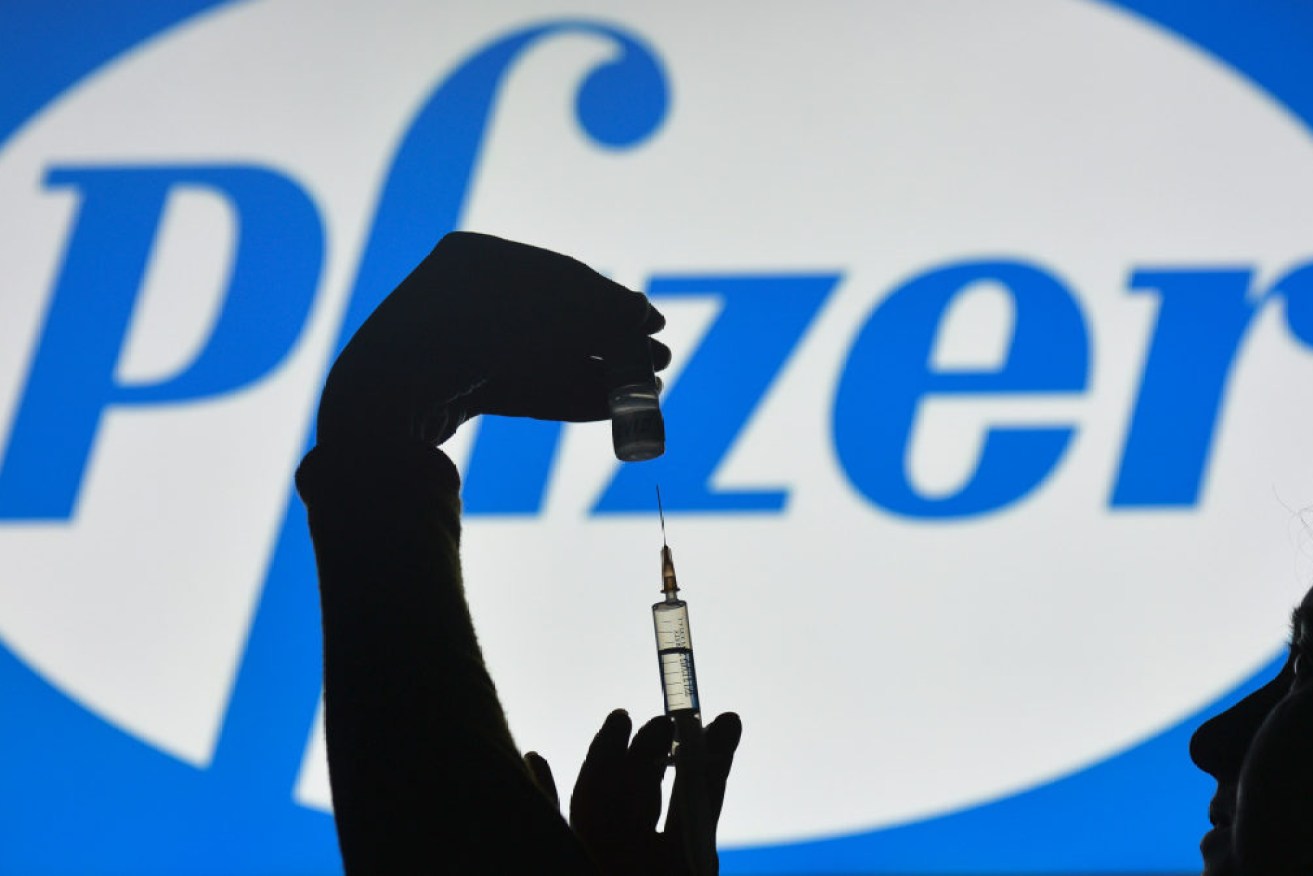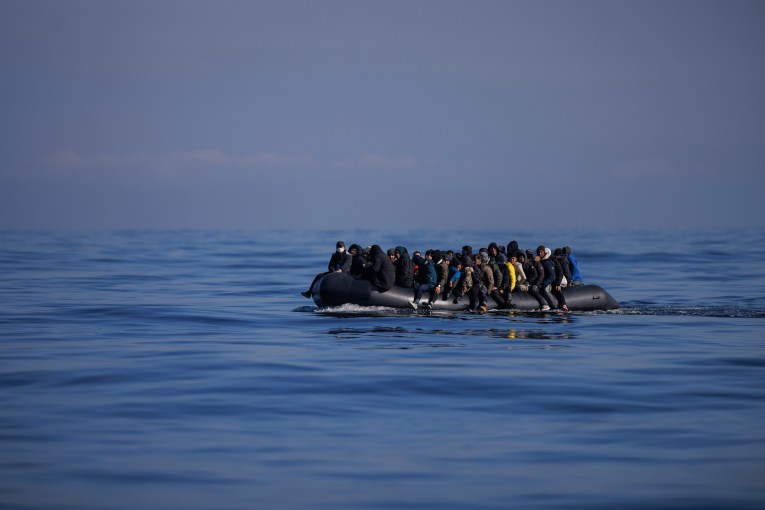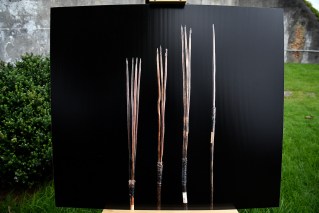Pfizer rules out making mRNA vaccines in Australia


The federal government asked Pfizer if it would consider making its mRNA vaccines on-shore. Photo: Getty
Pfizer has decided against taking up the federal government’s offer to build mRNA vaccine facilities in Australia for now, dealing a blow to hopes that its world-leading COVID jab could be produced on our shores.
But the Morrison government is still hopeful Moderna, CSL and others will make cutting-edge vaccines here, as plans to encourage Australian-made mRNA production move to the next stage.
The government’s ‘approach to market’ process, inviting applications from pharmaceutical companies interested in building vaccine facilities in Australia, closes this Friday.
Christian Porter, the Minister for Industry, Science and Technology, wouldn’t say exactly how many companies had come forward to flag their interest in Australia, but said there had been “a lot of interest”, including from US company Moderna.
“Discussions directly with Moderna have been continuing throughout that approach to market process,” Mr Porter said last week.
The New Daily contacted Moderna for comment.
Melbourne’s CSL, which is producing the AstraZeneca vaccine and already looking at mRNA options for influenza vaccines, will also apply.
“We’re actively exploring mRNA manufacturing options for the company, and we are interested in being part of the conversation in Australia,” a CSL spokesperson told TND.
But one company that won’t be putting its hand up is Pfizer.
The US pharma giant told TND boosting infrastructure in Australia was not on its immediate radar.
“Since the beginning of this pandemic, Pfizer’s priority has been to ensure rapid manufacturing and deployment of the COVID-19 vaccine to cater to the current emergency response scenario through our manufacturing hubs in Europe and the US,” said a company spokesperson, when asked if it would respond to the government’s calls.
Pfizer’s COVID vaccines require nearly 300 ingredients from 19 countries.
Such a complex supply chain could potentially be a barrier to setting up manufacturing here, as could the Australian market’s relatively small size on the global stage.
Mr Porter said the government estimated it would take between six months and three years to build mRNA vaccine production capability in Australia.
Pfizer says it is focusing on existing manufacturing hubs in Europe and America, but didn’t rule out investigating other options down the track.
“Once the pandemic supply phase is over and we enter a phase of regular supplies, Pfizer will evaluate all additional available manufacturing opportunities,” the company said.
The company already has several manufacturing plants in Australia, but none are set up to produce mRNA vaccines.
However, Pfizer’s decision not to respond to the government’s approach to market process doesn’t necessarily mean its vaccines won’t be made here.
Some existing Australian facilities have expressed interest in licensing Pfizer’s vaccine and producing it at their plants.
Mr Porter said the government’s approach to market process was about securing “approaches with the Australian government”, and to support local researchers or state governments to “bring forward” their own plans.
In a Senate estimates hearing last month, Department of Industry officials said they expected between five and 15 submissions to the approach to market, including several from overseas and five to 10 from Australia.
The Victorian government pledged $50 million and set up its own mRNA department to accelerate production, while New South Wales has set up a pilot program.

Mr Porter says the government is in discussions with Moderna. Photo: AAP
Labor’s shadow industry minister Ed Husic said it would be a “massive blow” to not have onshore Pfizer vaccine production.
“A lot of big claims have been made that haven’t been delivered, which reflects the way this government works,” he told TND.
“We understand a dozen or so others could put in potential offers to do local manufacture. We all hope they will be serious and successful bids. We can’t afford any further delays.”
Mr Porter said the government would assess proposals after the approach to market period closes on July 16, and expected “strong submissions” from Australia.
“At the same time, the government continues to hold discussions with Moderna on establishing a manufacturing facility in Australia for mRNA vaccines and therapeutics,” Mr Porter told TND.
He said the government saw mRNA as “part of the next generation in advanced health care”.
“Onshore production of mRNA vaccines will strengthen our capacity against future pandemics and other diseases, and grow Australia’s bio-pharmaceuticals sector,” he said.
TND asked Mr Porter’s office what exactly the Australian government was hoping to stand up, in terms of number of facilities, locations, and how many doses would be hoped to be produced each year.
His office declined to elaborate, but in a press conference last week, the minister flagged hopes “to produce 25 million plus doses of an mRNA vaccine” each year.
His predecessor, now Home Affairs Minister Karen Andrews, said in October the government hoped it would be a “nine-month to 12-month timeframe” before Australia had mRNA “production lines”.
Now, nearly nine months on, it still seems some way off. Mr Porter has said for some time he expects it would be a year or two.
“Estimates, at the very quickest timeframe are around the six to nine months, at the outer timeframe three-plus years. In the middle is 12 to 18 months,” he said last week.
“I think it would be exceedingly optimistic those short timeframes. I think the middle timeframes are the most likely.”
CSL said such a capability “can’t be set up overnight – it takes time and investment.”








